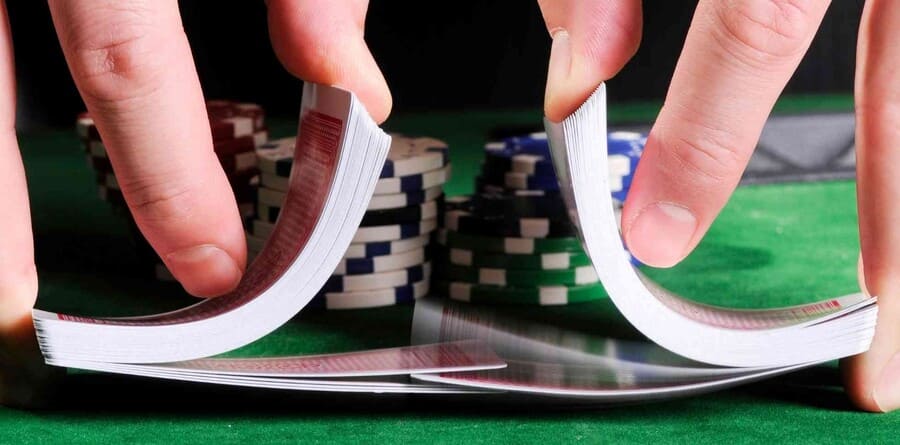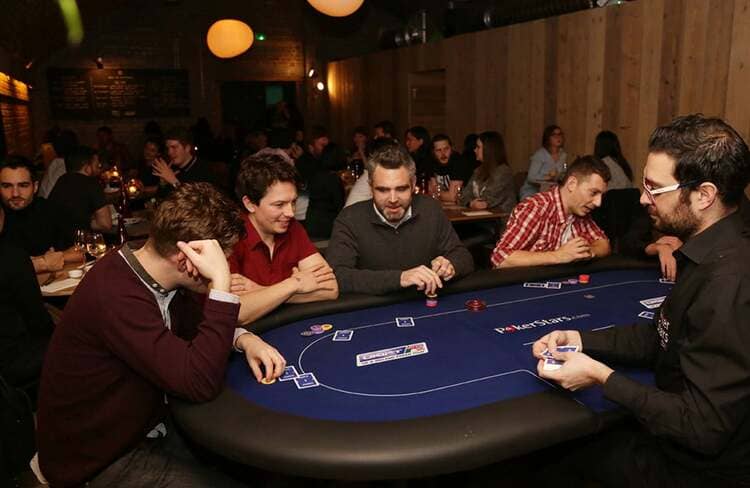In poker, fold is to remove one’s cards from the table and abandon a hand. This action is usually performed after a player has decided to call a bet and has no additional decisions to make, though it is also possible to fold during a betting round with a live hand. It is considered bad form to allow players to fold while other people still have an active interest in the pot. In some poker variations, a player may be forced to fold after a specific number of raises or when the action moves to a new seat.
In most poker games, a bet is an amount of money placed into the pot by a player during a betting round. A raise is an increase in the size of a previous bet. If a player increases the bet by more than the amount required to match the previous raise, they must pay the excess (or “excess”) amount to their opponents. Some card rooms restrict raising to a certain maximum amount during a betting round, while others allow unlimited raising as long as the total amount raised remains within a set limit.
Players who are all-in in a poker hand have committed to call any bet up to and including their entire remaining stake. This is a common practice when playing no-limit games and it has the advantage of preventing players from being bluffed by opponents who might otherwise attempt to win more money than the player’s total bet amount.
Some poker games are played with a bring-in, a forced bet that occurs before the first round of betting begins in order to ensure that all players have adequate chips for a full hand. These games often feature an ante rather than structured blind bets, and the player who initiates the bring-in is obliged to pay the minimum amount, usually 1.5 times or double, of the current big blind.
Many casinos and public cardrooms require players to protect their hands by holding them or placing a chip on top of them, so that they cannot be accidentally mucked by the dealer during the course of a hand. A player who does not protect their hand will be deemed to have folded and will be punished accordingly by the house.
In most poker games, a player must act in turn when it is their turn to play, with the exception of heads up hands against the dealer. In these cases, the dealer button is moved to the empty seat and the player seated there has last action by default. This is simple in tournament formats and the most equitable method of paying blinds, but it can lead to inequitable strategic situations when the button is left empty for a significant period of time, as is often the case with open tables in a casino.

